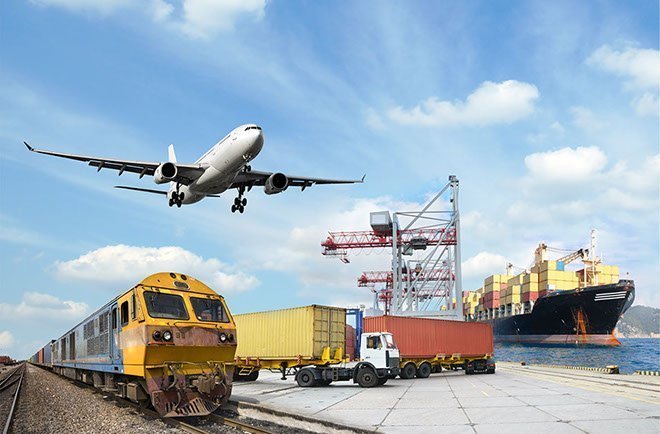By Roy Ezze
The transportation system in Nigeria has suffered long-lasting degradation and neglect, which has a ripple effect on businesses and socio-economic activities that depend on transportation infrastructure to thrive. While the impact of this on businesses and economic growth is quite significant, the excruciating effect on consumers has been devastating in many instances. In fact, communities cut off by lack of access roads, railways or inland waterways infrastructure suffer restricted access to improved quality goods and services which reduces their standard of living and increases their cost of living.
On the other hand, agricultural and other perishable produced in remote economies in Nigeria perish in transit or within the localities because of poor transport infrastructure to move these products to where they are needed. Nigeria’s poor road network cause accidents, loss of lives and goods transported over long distances of sometimes extremely bad roads.
Multimodal transport system enables the seamless interconnection among various modes of transportation, which supports effective distribution of goods and services both within the country and for exports. This facilitates speedy and effective distribution of goods that accelerates economic development. Nigeria’s Minister of State for Aviation, Hadi Sirika, decried the absence of effective inter-modality of air transportation with other transportation modes. He hinted of efforts to connect the Abuja Airport with rail, which would be extended to other international airports. This multi-modal transport system is expected to be driven by the National Integrated Infrastructure Master Plan (NIIMP).
The challenge of lack of functional multimodal transport system in Nigeria creates a gap between the railways and the airports systems. Only roads end up at airports, and for busy cities such as Lagos or Abuja the usual traffic congestion slow down movement of cargo and passengers into the airports. At the Lagos Airport, for instance, the considerably long distance between the local wing and international terminal is not connected with a rail system. Thus, passengers must travel through most times congested roads to connect from one terminal to the other. Industry observers believe that lack of multi-modal infrastructure is one of the stumbling blocks limiting Nigeria’s chances of becoming a major aviation hub in West Africa.
(Source: logisticsupdateafrica.com 2017)

